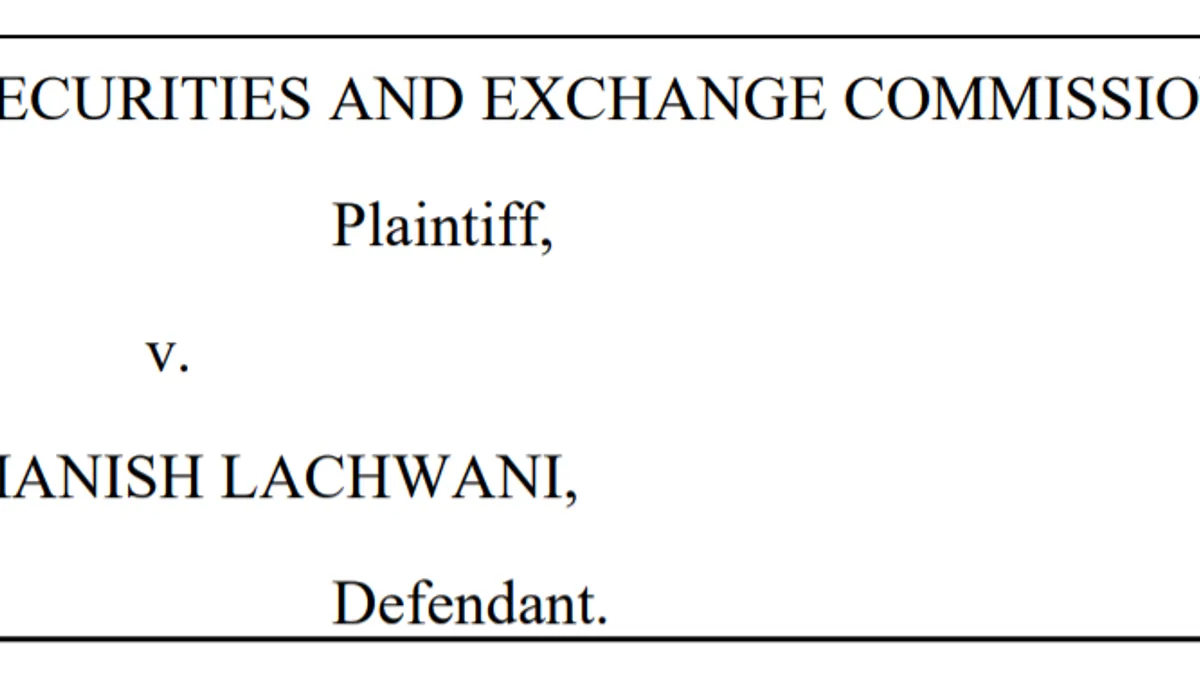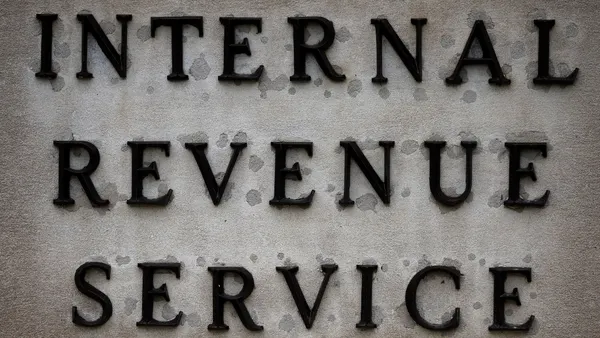Manish Lachwani, co-founder and CEO of HeadSpin until his resignation last year, inflated the company’s annual recurring revenue (ARR) and other key metrics while rebuffing calls by his board of directors to hire a CFO, the Securities and Exchange Commission has charged.
The company, which provides hardware and software tools to companies to test the functionality of their mobile apps on different devices, had reached unicorn status early last year after it was valued at $1.1 billion following a Series C funding round.
But the company’s strong growth since its 2015 founding was based on financials Lachwani was dictating to a bookkeeper and, in some cases, justifying using documents he falsified, the SEC says.
“He concealed this inflation by creating fake invoices and altering real invoices to make it appear as though customers had been billed higher amounts,” the SEC says in its complaint, which charges him with violating federal securities laws.
The complaint says Lachwani systematically manipulated the company’s closely watched metrics, particularly its ARR, considered one of the most important performance measures for software-as-a-service (SaaS) companies because of what it says about market adoption of a company’s offerings.
A company with growing ARR can attract investor interest by showing it has an expanding base of customers committed to paying for the offerings on a recurring basis.
But much of HeadSpin’s ARR was based on manipulated numbers, the SEC said. For example, one company that Lachwani said was contributing $1 million a year in ARR actually paid only $500,000 over two years. Lachwani said another company was committed to $1.44 million a year in ARR but only made a single purchase of $720,000.
“Lachwani dictated the inflated revenue numbers each quarter to HeadSpin’s bookkeeper, who recorded those numbers in the company’s financial statements,” the SEC says. “He frequently sent the numbers without supporting documentation (like contracts and invoices) notwithstanding the bookkeeper’s regular requests for such backup, and he sometimes sent her fake or altered invoices that he had created.”
Separate from the financials, Lachwani controlled the spreadsheet on which he tracked ARR to use in presentations to investors for capital raises.
“He had sole ownership of the ARR spreadsheet and used it to personally calculate the company’s quarterly and yearly ARR,” the SEC said.
Acting on a tip, the company’s board launched an investigation early last year and on the basis of a financial analysis determined the company’s ARR for 2019 was closer to $10 million than the $80 million Lachwani was telling investors. The company then lowered its estimated valuation from $1.1 billion to $300 million and returned about 70% of principal to investors in its Series B and C rounds.
In addition to the SEC charges, the U.S. Attorney's Office for the Northern District of California has filed criminal charges.












